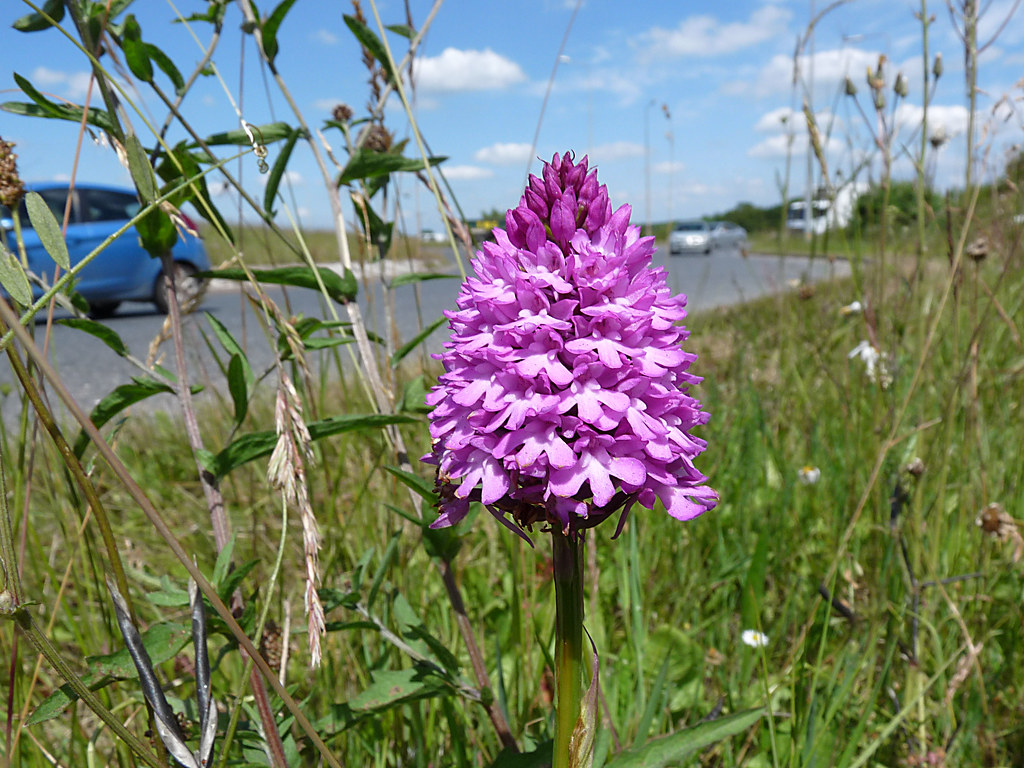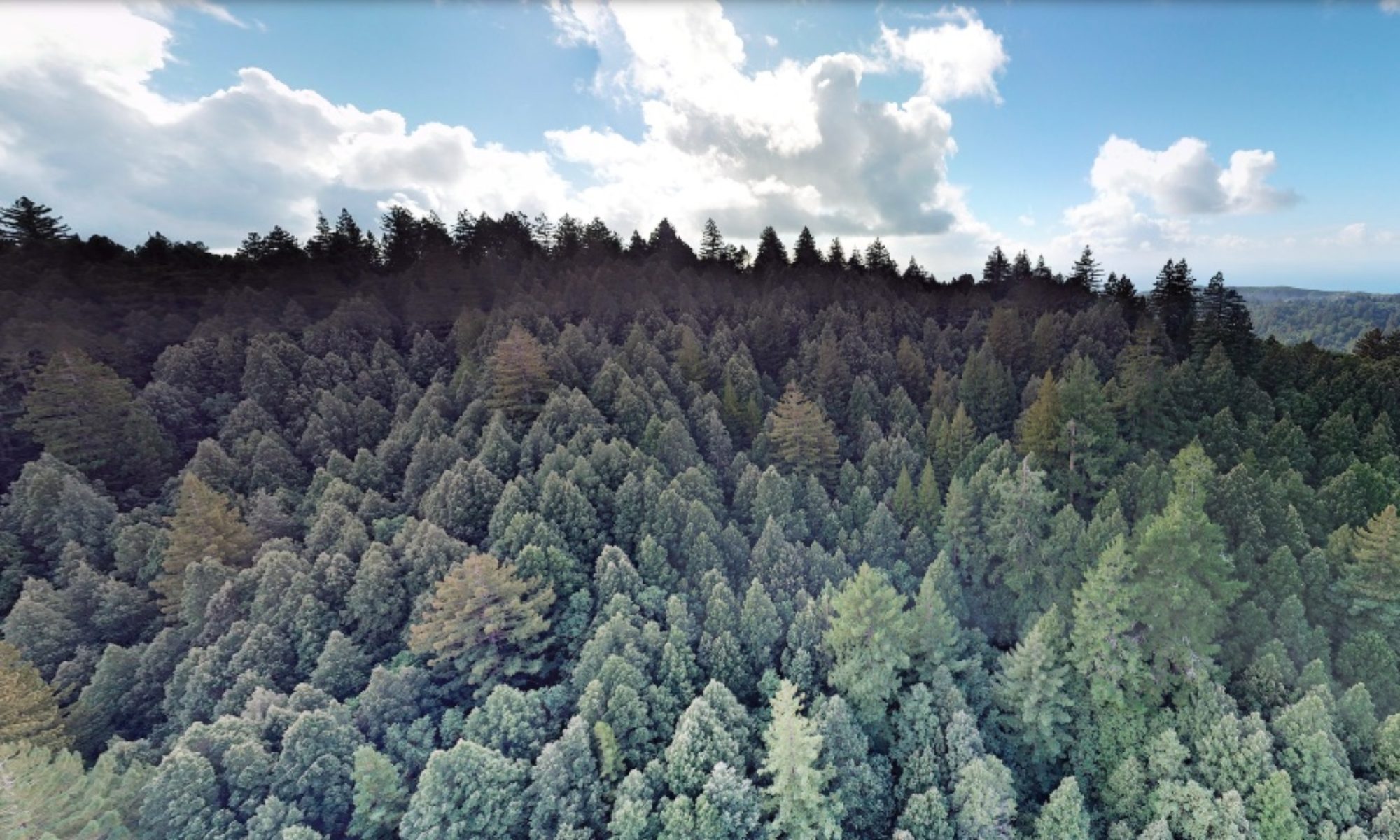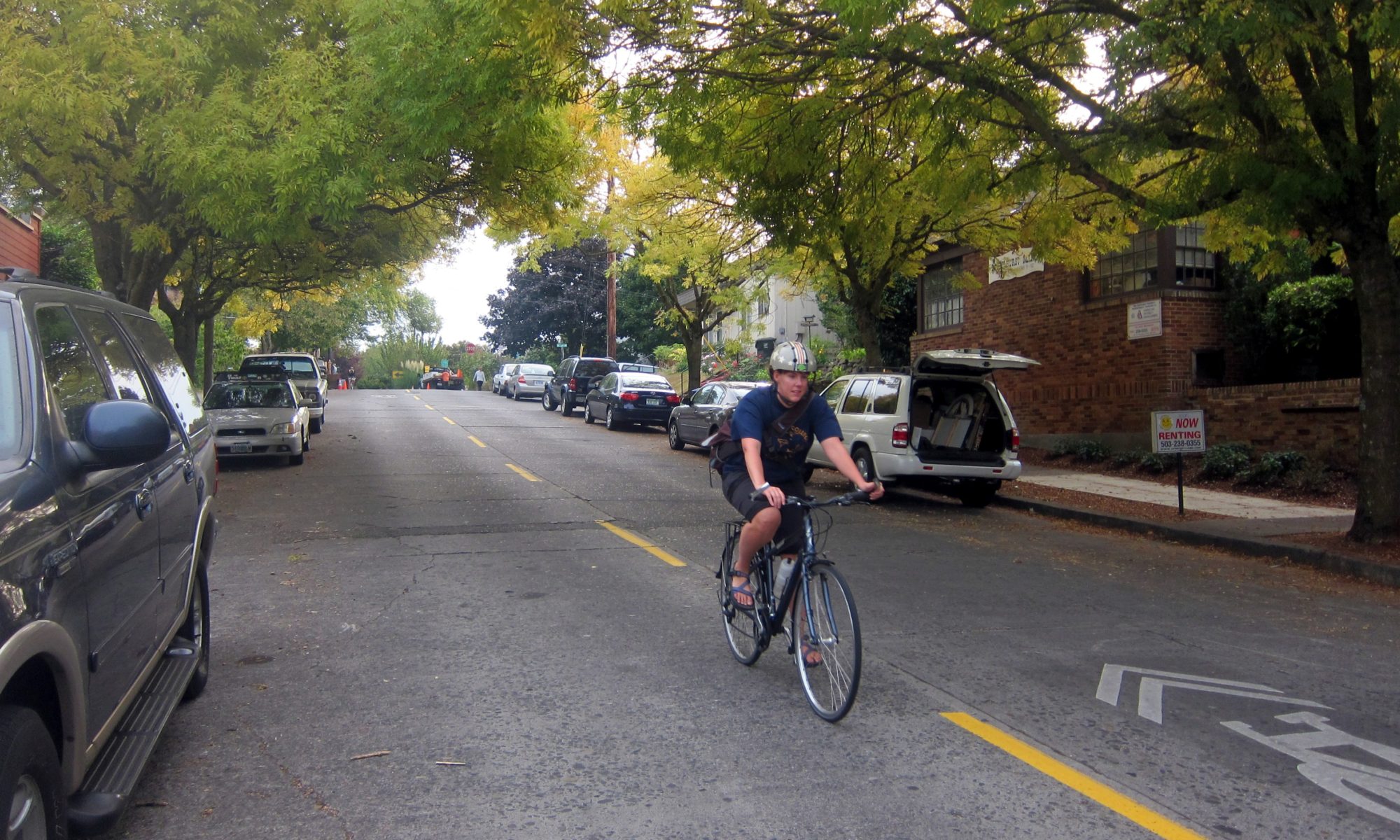Recently videos of a construction site crawling with diggers emerged online, with the news that China was planning to build a hospital in just 10 days in response to the coronavirus. It did. It shows just what can be done if something is considered an emergency, and the commensurate action is taken.
Unfortunately the climate emergency is still not being considered as such. We have made a start with the switch away from fossil fuels, and wind power now accounts for 20% of all our energy in the UK. But there remains a momentous task ahead if we are to cut emissions in half.
To stay below 1.5C warming we are running out of time. The government so far haven’t announced many climate policies, apart from a pledge to ban petrol and diesel cars by 2035. While this is a step in the right direction (much like the 2050 net zero target) it’s not soon enough. If we continue with business as usual for another 15 years, the 1.5C will be out of reach, if not already met.
With that in mind, I have compiled a list of 10 things that the government could do to reduce emissions, (and improve natural carbon capture) over the next 1-2 years.
Vegan meals in schools: 1-2 days a week in schools, replace dairy desserts with fruit, or soya alternatives for everyone.
Add traffic calming measures: more pedestrian crossings, speed bumps, traffic assistants to help children cross the road, and narrowing of the roads, and more speed signs. This will make roads safer for children walking to school (school traffic accounts for a fifth of all traffic – see here).
Make some roads cycle priority: this is in operation in Portland, USA. In such roads, cars cannot overtake cyclists, and therefore cars are discouraged from taking those roads.
Align with EU on low emissions vehicles: The EU has set a target of 95 g CO2/km for new cars, to be phased in during 2020 and will become binding in 2021. Applying this legislation in the UK would help stop the sale of more SUVs which have contributed significantly to the spike in car emissions.
Ultra low emissions zones or clean air zones should also be introduced in towns and cities across the UK in order to reduce emissions and improve air quality.
Frequent flyer levy: Stay Grounded suggest a tax that doubles for each additional flight. It thereby doesn’t penalize the ordinary family who might want the occasional sunny holiday abroad. Longer term, a system whereby a limit on leisure flights should be imposed. Private jets should also be subject to a substantial hike in tax.
Sustainable building: Local Plans to require all new planning applications for blocks of flats and houses to be eco buildings or “net zero carbon buildings” – properly insulated, solar panels and photovoltaic glass, space to store cycles and to dry clothes outdoors. Plans to restore biodiversity should also be considered such as roof meadows and green spaces around buildings.
Introduce more bus routes: Over half of Britain’s bus routes have been lost since the 1950s, and 3000 routes in the past decade, while the population has continued to grow. To make it possible to get around without a car, we need to bring back bus routes.
Make climate change a subject at school: The climate crisis is complex, and children need time to understand it and how it will affect the natural world and their lives. This should be part of the curriculum.

Wildflower verges: the UK has lost 97% of its meadows. Leaving areas un-mown can encourage a return of wildflowers and insect life.
Start the switch to organic farms: Organic farming has been proven to be effective in increasing biodiversity and for carbon sequestration. The IPCC estimates that soil carbon sequestration could remove between 2 and 5 gigatonnes of carbon dioxide a year by 2050 (global emissions are at about 36 gigatonnes a year) and rising. Currently under EU agricultural policy the terms of farming subsidies change yearly, the UK could take the opportunity to make these terms climate friendly.


I’m a holistic meat farmer, renovating the ecosystem on the land owned by myself and three neighbours.
The current promotion of veganism/demonisation of meat as food is fundamentally flawed. I invite any vegan, scientist, journalist or any interested party to visit my farm and see the results I’m getting.